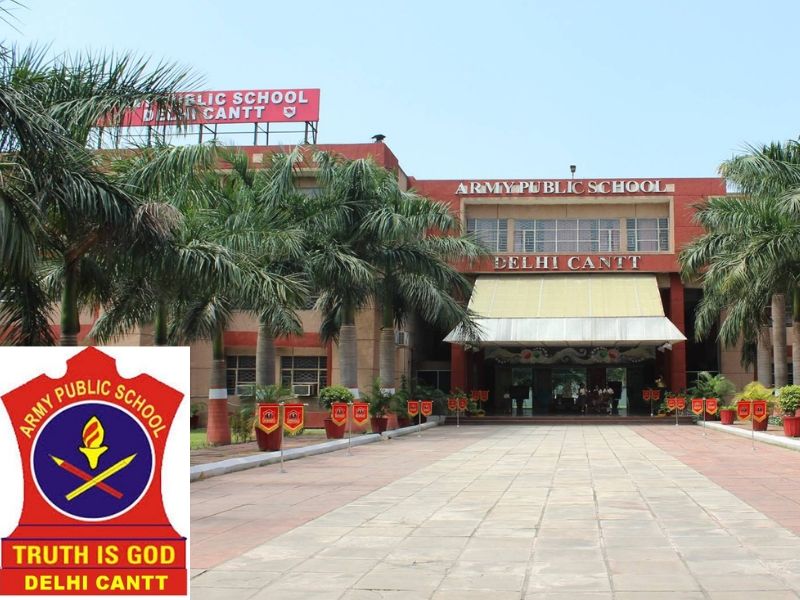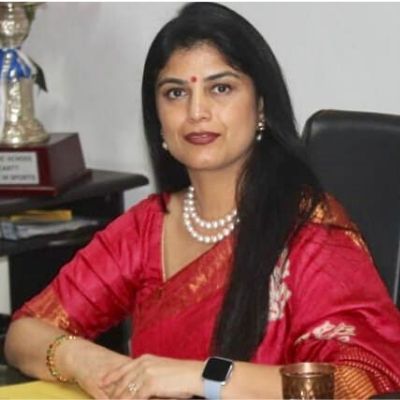“As rightly said, ‘Necessity is the mother of invention’. With the Covid-19 pandemic unleashing an unprecedented global crisis, we wasted no time in switching to online classes to ensure learning is not impacted. Students’ welfare and holistic development being our primary concern, it was a smooth transition with the seamless integration of technology into the curriculum. Needless to say the virtual learning initiative would not have been successful without the enthusiasm of parents who extended their full support and ensured availability of tools and resources for their children to participate in the virtual classroom and transform this period of crisis into a golden opportunity.” —Neetu Kapoor, Principal of the CBSE affiliated Army Public School, Delhi Cantt — Delhi’s top ranked co-ed day school.
Sited in the heart of India’s national capital territory, Army Public School, Delhi Cantt. (APS DC) is committed to offer a holistic learning experience to students through a unique blend of academics, life-skills, sports and co-curricular education. The school’s technology integrated student-centred curriculum is designed to enable students to emerge as capable leaders of tomorrow well equipped to face unforeseen challenges of the 21st century. Amid the emergency nationwide lockdown in the wake of the Covid-19 pandemic outbreak, APS DC has made a swift transition to virtual learning through a comprehensive strategy outlined below.
Brainstorming: For the teachers, there was little time to plan in detail or prepare with the decision to switch to online learning being taken swiftly. Brainstorming sessions were conducted for teachers with the head of the school taking a proactive role.
Communication: A circular was sent to the parents briefing them about the scenario and the school’s decision to switch to online learning solution. The school also urged the parents to prepare their children for the live online classes.
Assessing options: The school’s staff and management considered various digital tools and platforms — including Google Suite and Microsoft Team — and eventually shortlisted the popular Zoom app.
Implementation: Time-tables for online classes were chalked out and learning content was planned for all subjects. Thereafter, the school began with daily classes on Zoom from 8am to 1.30pm. Teachers used the WhatApp platform to send educational videos, worksheets, links to resources before and after the Zoom sessions to ensure follow-up exercises are carried out without interruption.
School newsletter: In addition to virtual classroom learning, timely release of the school newsletter helped break the monotony of the daily routine. The school faculty published the E edition of the class-wise newsletter with a myriad of interesting activities, stories and facts to keep students engaged during the lockdown period.
“Except for a few technical glitches which are beyond our control this new-age pedagogical experience has been a success considering the limitations of our not so robust broadband networks. Moreover, the students’ response has been overwhelming. Students in the remotest regions of the country have been logging into our online classes with great enthusiasm. We unanimously agree technology is a boon that brings people together,” says Singh.

